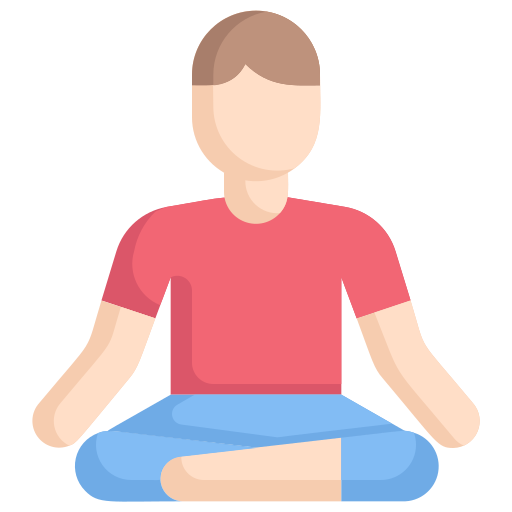
Sophrology, meditation, cardiac coherence?
Today, there are so many stress-reduction practices on the market that it's hard to know where to start. So what are the differences?
Meditation:
It dates back some 4,000 years and is found in both Buddhist and Hindu religions.
Today, the practice has become more Westernized, and is widely referred to as mindfulness meditation. Mindfulness meditation consists in focusing our attention on the present moment and welcoming, with curiosity and without judgment, all thoughts, sensations and emotions that arise. Meditation trains the mind to free itself from the flood of thoughts and focus on the present moment.
Sophrology:
Sophrology was created in 1960 by Spanish-born neuropsychiatrist Alfonso Caycedo. Sophrology is a mind-body method based on breathing and visualization. It helps eliminate tension, restore well-being and develop physical and mental capacities. Because it can be applied in a playful, storytelling way, it's ideal for children. You'll find free sophrology exercises in our application's tools interface.
Cardiac coherence :
Cardiac coherence emerged in the United States some twenty years ago. It stems from medical research in neuroscience and neuro-cardiology, and is based on breathing. It has been shown to have numerous health and stress-reducing benefits. In his book Cohérence Kid, Dr. David O'Hare explains the benefits of cardiac coherence for children. In particular, it helps with calming, self-confidence and resilience. Nicolas, our developer, is preparing a little gift to help you get started. Be patient...
Now that it's clearer for you, I'll explain why we should adopt these practices from an early age!
Take a deep breath!
In 2017, a study published in the "Journal of Neurophysiology" estimated that deep breathing has a positive influence on our mental health. This study, carried out by 2 American neuroscience researchers, led to the understanding that a conscious mastery of breathing allowed us to feel more soothed. For this study, the two doctors chose to directly observe the inside of the brain with electrodes.
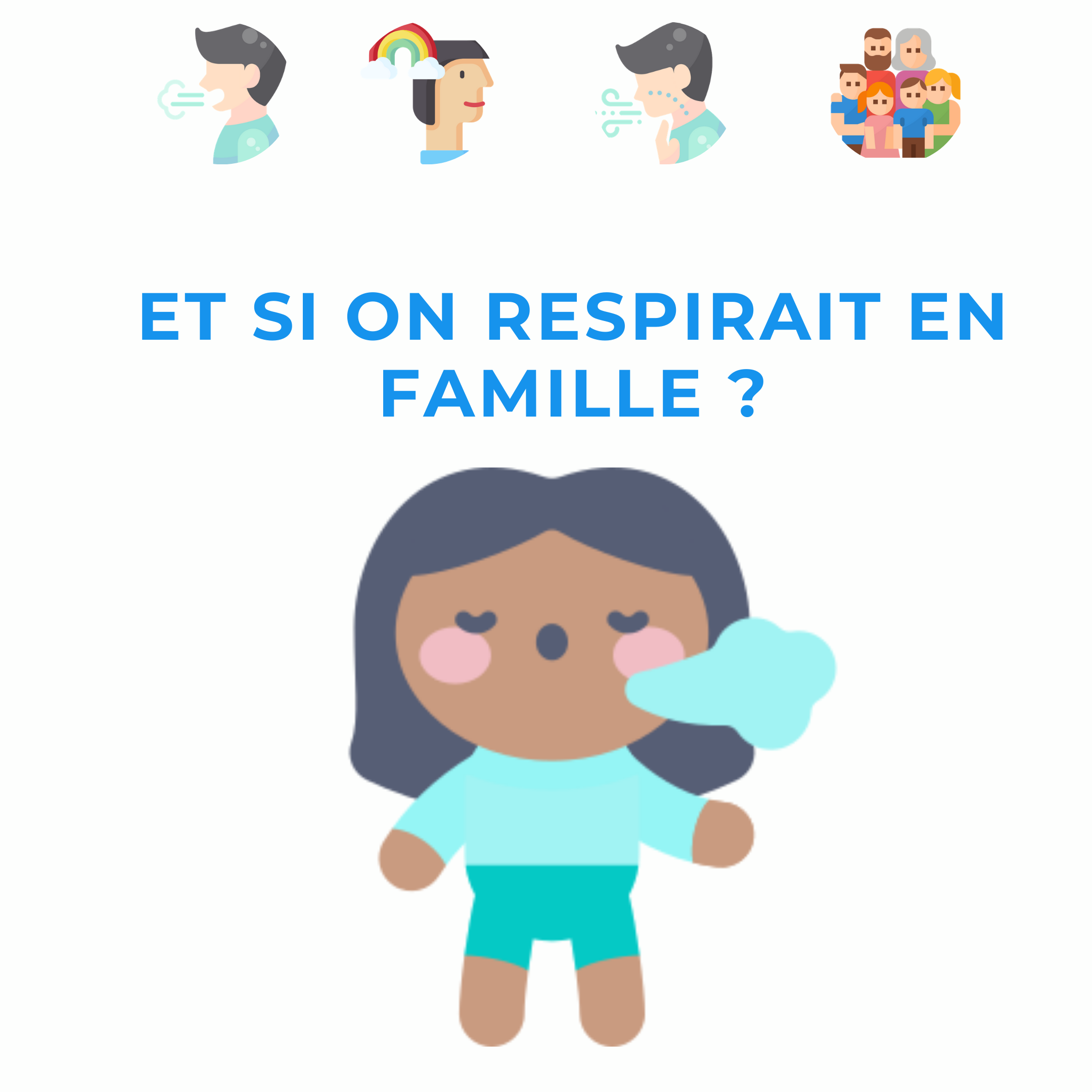
They realized the many benefits of voluntary breathing, including self-control, better emotional management and improved concentration.
Breathing helps you develop your soft skills!
Breathing is an automatic function; we breathe without thinking. Breathing in and out deeply also reduces the production of noradrenalin, one of the hormones responsible for stress. Ideal in these anxious times...
So there's nothing but benefit in telling your children to "take a deep breath". It's a very effective remedy that I use whenever I feel my children are overwhelmed by their emotions.

How to practice as a family
For meditation, you'll find everything you need in the book Calme et attentif comme une grenouille or the app Petit Bambou. Regular meditation practice is necessary to achieve results.
For sophrology, this requires visualization exercises. We've added a few sophrology sessions to our application, as a complement to our programs, to develop soft skills. These are 5-minute sessions that you can do once a day to introduce your child to sophrology.
For cardiac coherence, we advise you to take 6 breaths per minute 3 times a day, for 5 minutes at a time, to get results, as these three figures have a physiological reason and are based on numerous studies. This is the famous "365". In practice, this means inhaling for 5 seconds, then exhaling for 5 seconds, 6 times in a row. The three daily sessions can be done in the morning, on the way home from school and before going to bed.
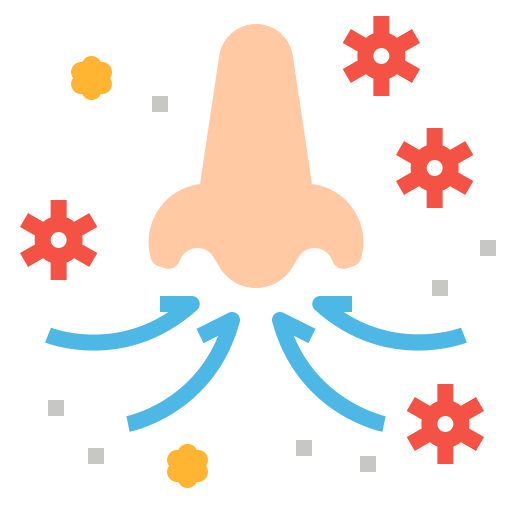
As you can see, whatever practice you choose, it has to be a regular one. Doing it as a family and establishing it as a ritual will help. At first, your children won't necessarily be receptive, but persevere and find the right practice. After a few months, when I say to my children "Come on, let's breathe", they instantly stop what they're doing. I think it's because they've understood that it's good for them, and they really appreciate this moment of relaxation.
For my part, as a parent, when I feel that the pressure cooker is about to explode, rather than jumping on my children, I tell them that I'm going away for 5 minutes to breathe. A session of cardiac coherence sets the record straight!
Don't hesitate to get started this weekend - we've put together a little poster for your kids to help them get started!
And to end on a positive note, I share this quote from Elsa Triolet: "When you get up in the morning, remember how precious is the privilege of living, breathing, being happy."
Have a great weekend, superparents!
Solenne.
Founder of Soft Kids and mom of 3 super kids!



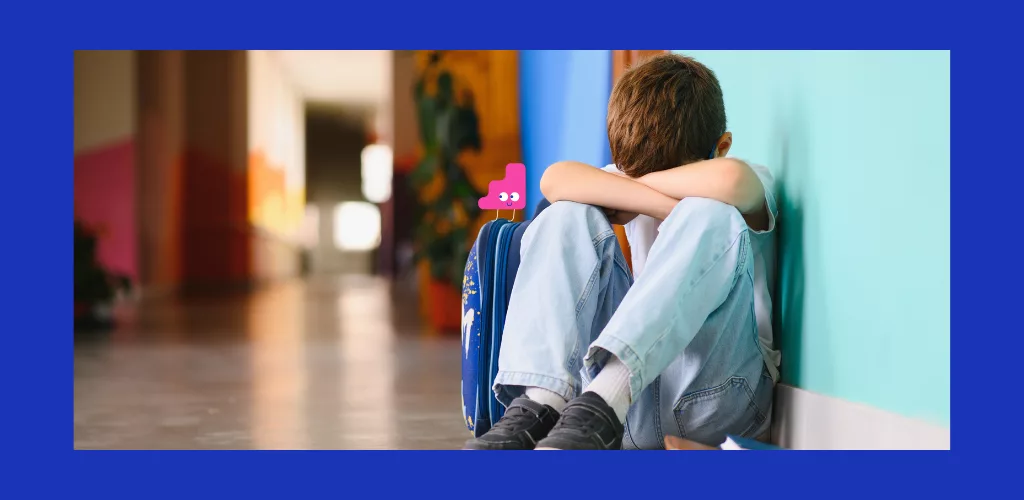
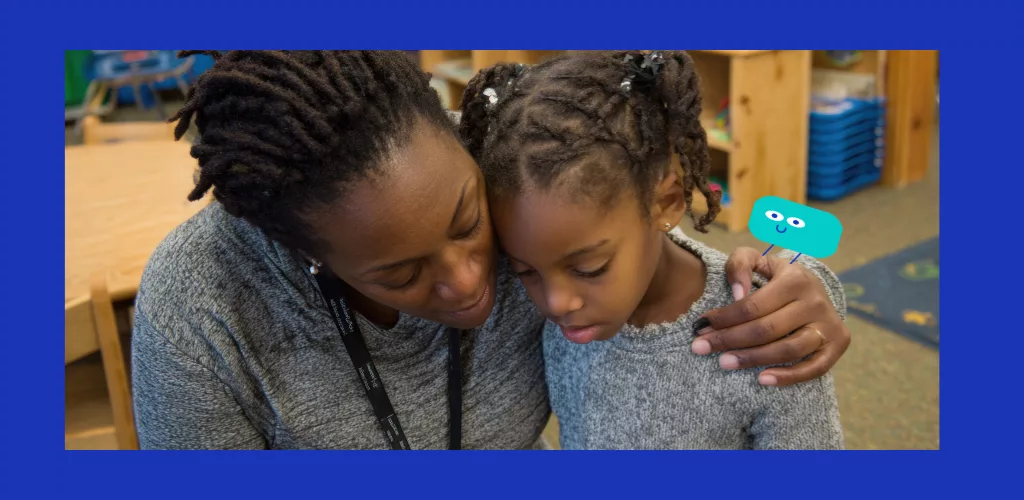
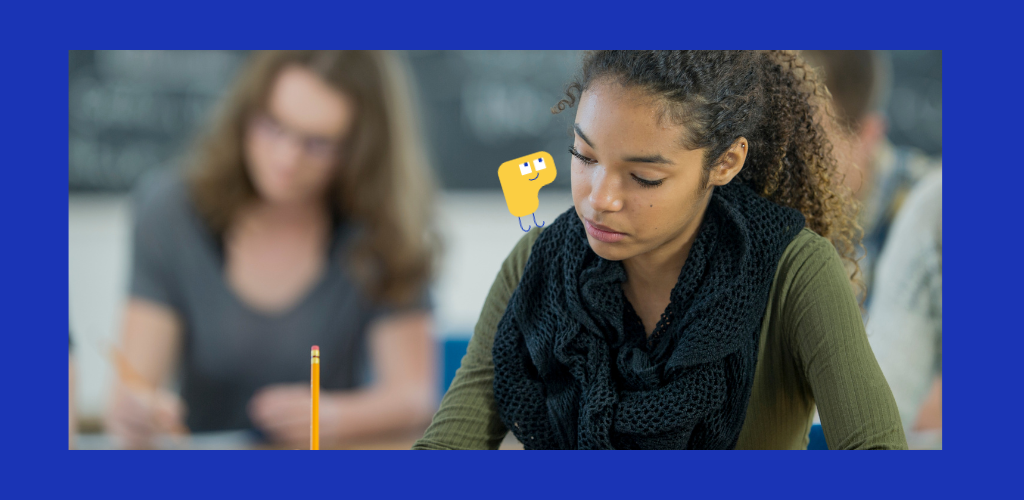
0 comments